|
Wine is relatively easy to make in today's world, but it hasn't always been so. Sometime in the far distant past, fermentation was a happy seasonal happenstance. The natural yeast on grapes brought about fermentation of the juice into wine and then into vinegar (if it wasn't drank first). This mysterious process, believed to be through divine intervention, was considered a gift from the Gods. Drinking this divinely intoxicating beverage allowed the drinker to take in divine energy. Thus, wine became an integral sacrament in religious rites, and still is today. I like the story of the origins of wine told about a King of Persia. He really loved grapes and wanted to eat them all year. His servants carefully stored grapes in jars so the king could eat them any time. One jar had grapes that seeped juice and started to ferment. When opened the odor and appearance of the fermented contents caused the jar to be marked poison. One of the kings wives had chronic nervous headaches and decided to kill herself by drinking the poisoned juice. She fell asleep, but when she woke she felt refreshed and had no headache. She finished off the jar of wine! She evidently had such a good time that the king ordered more of the grape juice “poison” to be made. He declared it to be sacred medicine. As improbable as this story sounds ( I'd have had a hangover, lol), grapes preserved as raisins would make a nice sweet wine. At some point in time the wild grape vines were domesticated and planted in vineyards; the grapes were fermented and stored in clay jars, and tree resins were added to prevent the must from turning to vinegar. Archaeologists believe this came about during the Neolithic period around 8500-4000 BC. They have found evidence that resinated wine (wine with wood resin), was being produced during this period (ca 5400-5000 BC) in fairly large amounts at Hajji Firuz Tepe, in the northern mountains of Iran. It was during this period that the growth of agriculture (particularly wheat and barley) and the invention of pottery made permanent settlements possible. These innovations were necessary for a sustainable year round food source and storage. They were also necessary for processing and storing wines. Egyptologists discovered 700 jars of resinated wine in the tomb of Scorpion I, one of the first Egyptian rulers (around 3150 BC). The development of narrow necked jars that could be sealed, were key to the storage and shipping of wine. By 3000 BC, the Nile Delta had transplanted vineyards and developed a thriving wine trade. The jars were inscribed with the year of the pharaoh’s reign, the vineyard location, the vintner’s name and the quality of the wine (good to very very good). Autumn Equinox is a time to “Eat, drink, and be merry,” to share and give thanks for the bounty of the harvest. Giving offerings and libations to God and Goddess is a ritual at least as old as agriculture and brewing. Every culture has one or more deities to whom they pay homage for the gift of brewing. One of the oldest is Nin-Kasi of Sumer, She was the brewer for the gods, who taught humans the art of brewing beer as well. Osiris, Egyptian God of the Dead was originally a god of vegetation and fertility. He taught the Egyptian people how to grow wheat and barley and of course the cultivation of grapevines. The main drink of Egyptians and Sumerians was beer which was brewed from bread and malted grain. Tenemet ,the Egyptian Goddess, originally associated with bread making, became Goddess of Beer and aids Osiris in his brewing. More famous for drinking and frivolity is the Greek God, Dionysus.He brings joy and divine ecstasy, and is also a vegetation, and fertility God. He is also known as Bacchus, the Roman God of wine and festivals. So eat, drink, and be merry in honor of the God and Goddess. Share your harvest, bread and wine with them in thanks for their bounty! Activities you might like to try:
By Lady Joyanna for our September 2017 newsletter Sources: The History of Wine in 100 Bottles: From Bacchus to Bordeaux and Beyond by Oz Clark
The Golden Bough by Sir James George Frazer The Origins and Ancient History of Wine: Food and Nutrition in History by McGovern, Fleming, and Katz thedrinksbusiness.com Comments are closed.
|
Inner Circle SanctuaryInner Circle Sanctuary is a school for traditional style Wicca and holds eight sabbat festivals every year. Categories
All
Archives
July 2024
|
|
Inner Circle Sanctuary
An Eclectic Traditionalist Oath-bound, Initiatory Wiccan Coven |
|

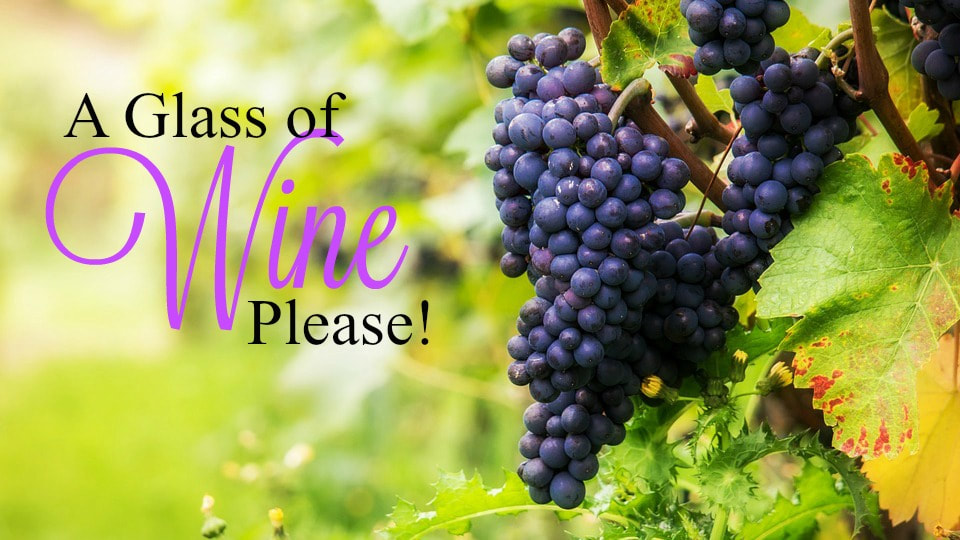
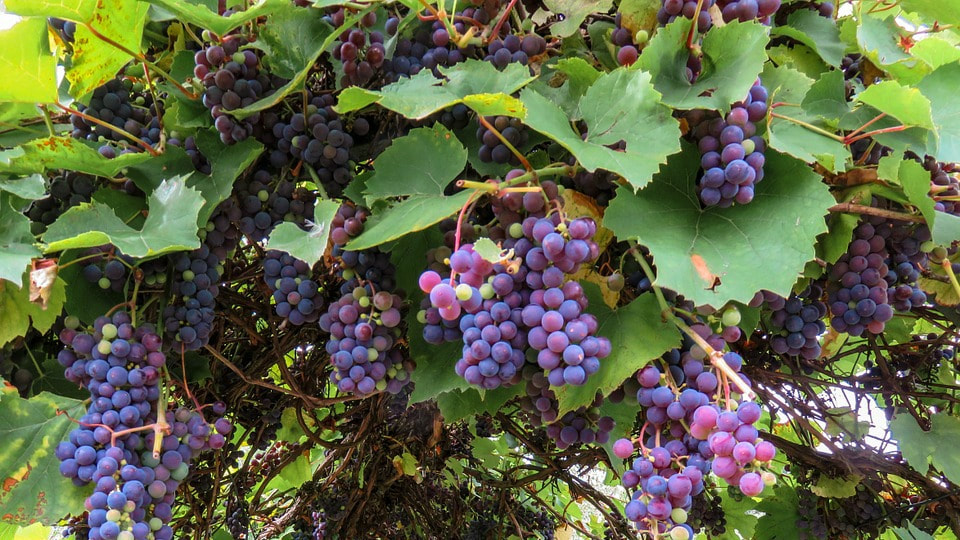
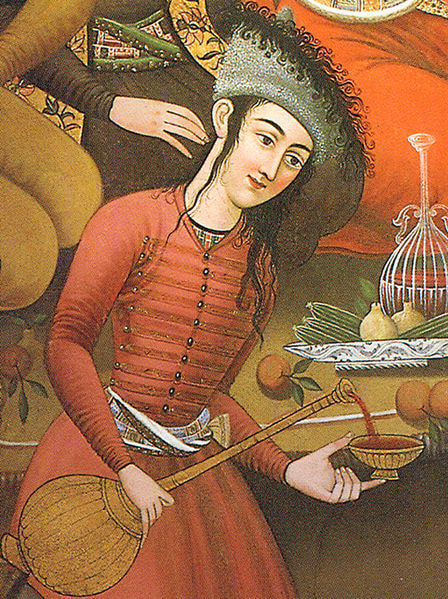
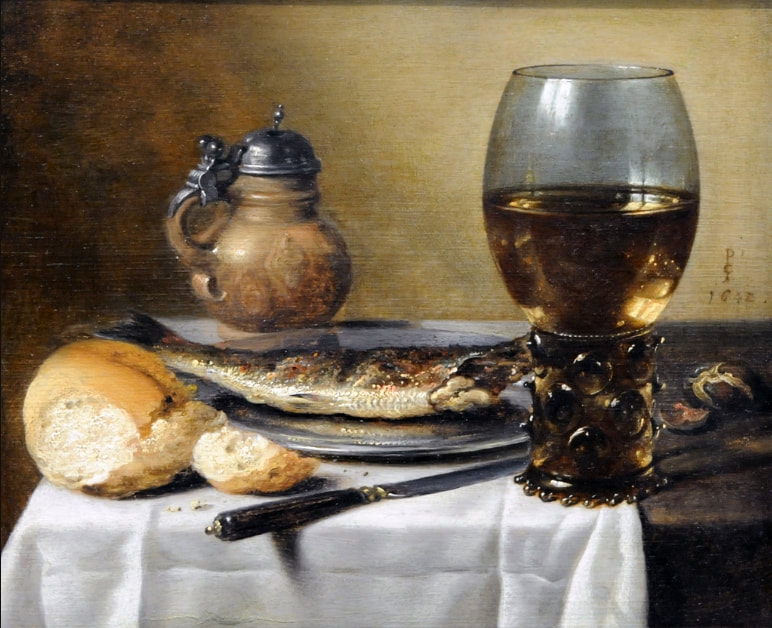
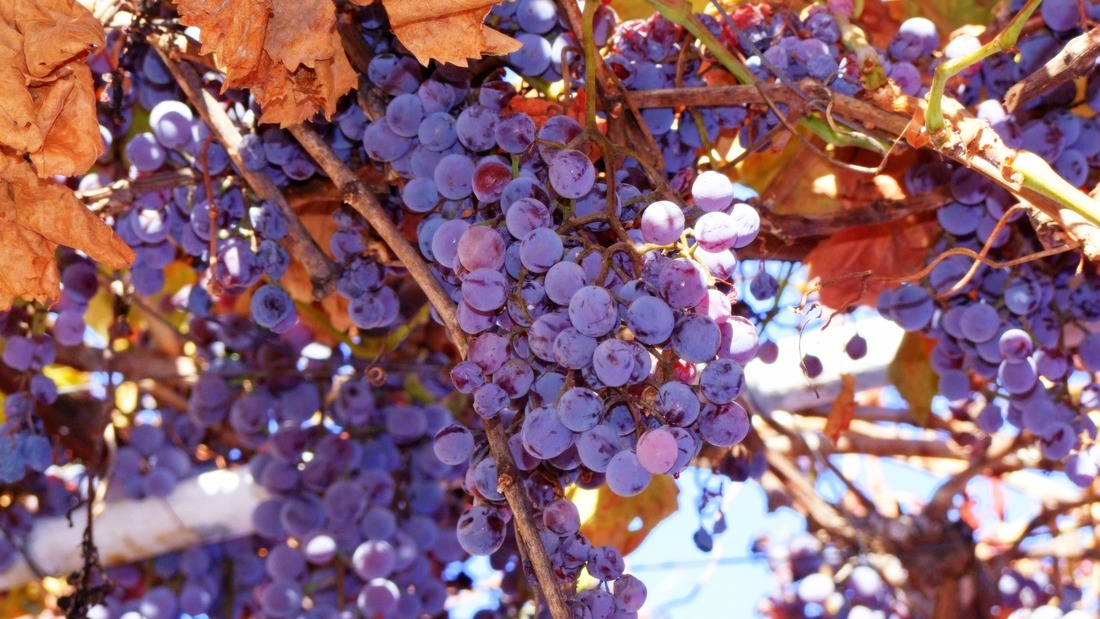
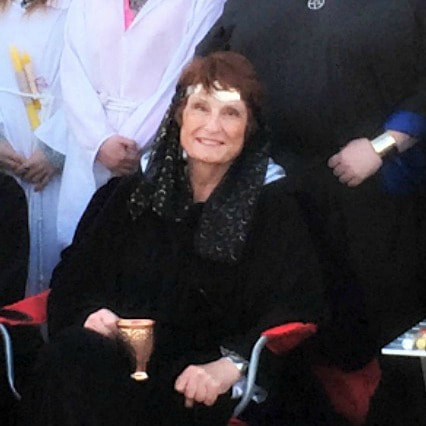
 RSS Feed
RSS Feed
